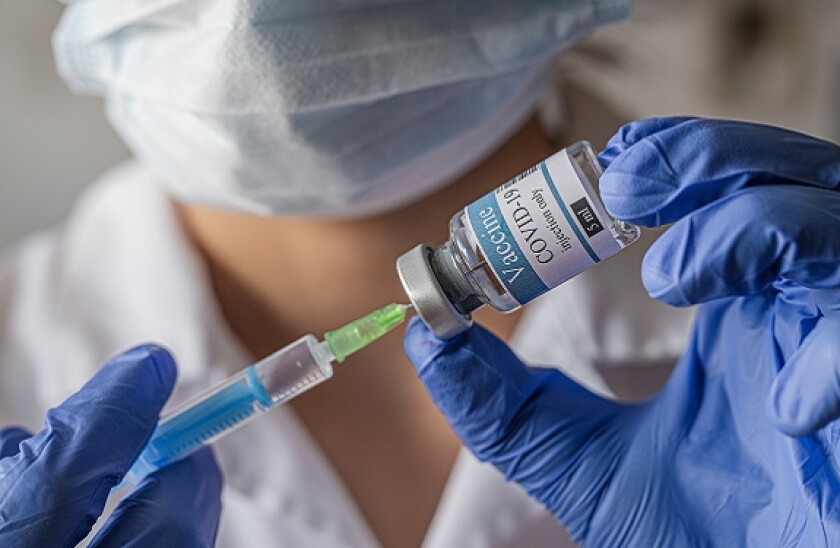China has joined the Covax Facility, a global initiative aimed at the fair distribution of Covid-19 vaccines. The initiative is co-led by the World Health Organization, the Coalition for Epidemic Preparedness Innovations (CEPI) and Gavi, formerly the Global Alliance for Vaccines and Immunisation.
Hua Chunying, spokesperson for the Chinese foreign ministry, said the country joined the initiative to ensure that developing countries will have access to coronavirus vaccines. Hua added that China will give developing countries priority in using its upcoming vaccines, and that it will help attract more members to join Covax.
*
Trump referred to the Covid-19 pandemic as the “Chinese plague” in a Thursday tweet. He also said in a video posted on Twitter this week that China will have to “pay a big price” for the global spread of the pandemic.
Vice president Mike Pence said at the US vice presidential debate on Thursday that “China is to blame for the coronavirus” and that Trump “is not happy about it”.
*
China’s foreign exchange reserves stood at $3.1426tr by the end of September, down $22.05bn compared to the end of August, according to the People’s Bank of China.
*
The September Caixin China General Services Purchasing Managers’ Index (PMI) came at a three-month high of 54.8, beating consensus forecast of 54.3 and August’s 54.
China’s official non-manufacturing PMI, released just a week ago, jumped to 55.9 in September from 55.2 the previous month.
*
The Trump administration is considering imposing restrictions on Chinese technology giants Ant Group and Tencent Holdings in the US on national security concerns, according to Bloomberg. Senior government officials are yet to present the possible restrictions to the president, said the report.
Separately, the US government has reportedly filed an appeal against a court ruling that has prevented Trump’s ban on Chinese short-video app TikTok.
*
Nasdaq-listed iQiyi said on Monday that an internal review “did not uncover any evidence that would substantiate the allegations” made by Wolfpack Research in a short report in April.
The Chinese video streaming company in August disclosed an investigation by the US Securities and Exchange Commission (SEC) following the Wolfpack report. The short seller alleged that iQiyi inflated its 2019 revenue by around Rmb8bn ($1.18bn) to Rmb13bn — or 27% to 44% — by overstating its user numbers. According to Wolfpack, the company also allegedly inflated its expenses, the prices it paid for content, other assets, and acquisitions.
iQiyi said in the latest announcement that it will continue to co-operate with the SEC regarding the investigation.
*
S&P Global Ratings is considering downgrading Semiconductor Manufacturing International Corp (SMIC), China’s largest chipmaker, from its current investment grade rating of BBB-.
The company, listed both in Hong Kong and Shanghai’s Star market, was placed on a negative credit watch, following new US sanctions. The ratings agency believes SMIC faces increasing supply chain risk due to the export restrictions. There are uncertainties on the scope of such restrictions and the scale of the impact on SMIC’s operations or expansion plans, S&P said.

